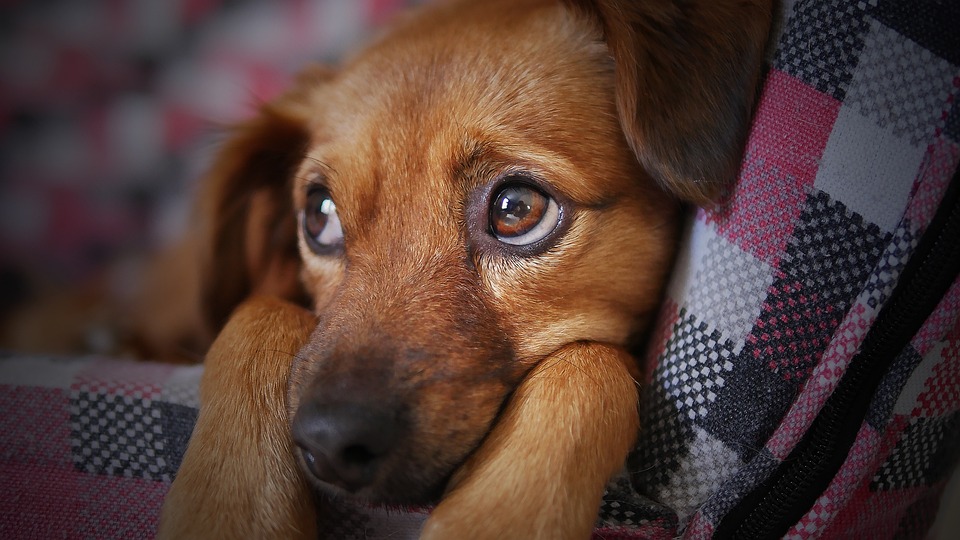Maintaining good oral hygiene is crucial for the overall health and well-being of our large breed dogs. Neglecting their dental health can lead to various dental problems that can cause pain, discomfort, and even serious health issues. In this article, we will discuss effective strategies to prevent and address common dental problems in large breed dogs, ensuring they enjoy a healthy and happy life.
Understanding Dental Problems in Large Breed Dogs
Large breed dogs, due to their size and anatomy, are more prone to dental problems compared to smaller breeds. Their large mouths and teeth require extra attention and care. Neglecting their dental health can lead to conditions such as dental plaque and tartar buildup, periodontal disease, tooth fractures, abscesses, and malocclusion.
Preventive Measures for Dental Health
Preventing dental problems in large breed dogs starts with establishing a regular dental hygiene routine. This includes regular brushing using a dog-specific toothbrush and toothpaste. Aim to brush your dog’s teeth at least 2-3 times a week, if not daily. This helps remove plaque and bacteria from their teeth, preventing the formation of tartar.
In addition to brushing, feeding your dog an appropriate diet can also contribute to their dental health. Choose high-quality dog food that promotes dental health, such as kibble with a texture that helps clean their teeth. Dental chews and toys specifically designed to promote dental health can also be beneficial.
Professional dental cleanings are another important preventive measure. Schedule regular dental cleanings with your veterinarian, who will thoroughly clean your dog’s teeth, remove tartar, and identify any potential issues before they become major problems.
Lastly, monitoring your dog’s dental health and detecting any signs of problems early on is crucial. Look out for symptoms such as bad breath, swollen or bleeding gums, difficulty eating, pawing at the mouth, or excessive drooling. If you notice any of these signs, consult with your veterinarian immediately.
Addressing Common Dental Problems
If your large breed dog does develop dental problems, it is important to address them promptly. Dental plaque and tartar buildup can be managed through professional cleanings and regular brushing. Periodontal disease may require more extensive treatment, such as scaling and root planing or tooth extraction.
Tooth fractures and abscesses may require dental procedures such as root canal therapy or extraction, depending on the severity of the damage. Malocclusion and misalignment issues can be corrected through orthodontic treatments or tooth extraction.
Frequently Asked Questions (FAQs)
1. How often should I brush my large breed dog’s teeth?
Aim to brush your dog’s teeth at least 2-3 times a week, if not daily.
2. Can I use human toothpaste for my dog’s dental care?
No, human toothpaste contains ingredients that are harmful to dogs. Use a dog-specific toothpaste recommended by your veterinarian.
3. Are dental chews effective in preventing dental problems?
Dental chews can be effective in promoting dental health, but they should not replace regular brushing and professional cleanings.
4. How often should I schedule professional dental cleanings for my dog?
The frequency of professional cleanings depends on your dog’s individual needs and their dental health. Consult with your veterinarian for personalized advice.
5. What signs indicate that my large breed dog is experiencing dental problems?
Signs of dental problems in dogs can include bad breath, swollen or bleeding gums, difficulty eating, pawing at the mouth, or excessive drooling.
Conclusion
Proper dental care is crucial for the overall health and quality of life for large breed dogs. By following preventive measures and addressing dental problems promptly, we can ensure our furry companions have strong and healthy teeth, allowing them to enjoy their favorite activities without any discomfort or pain. Remember, regular veterinary check-ups are essential for comprehensive dental care. Always consult with your veterinarian for personalized advice and guidance tailored to your dog’s specific needs.









